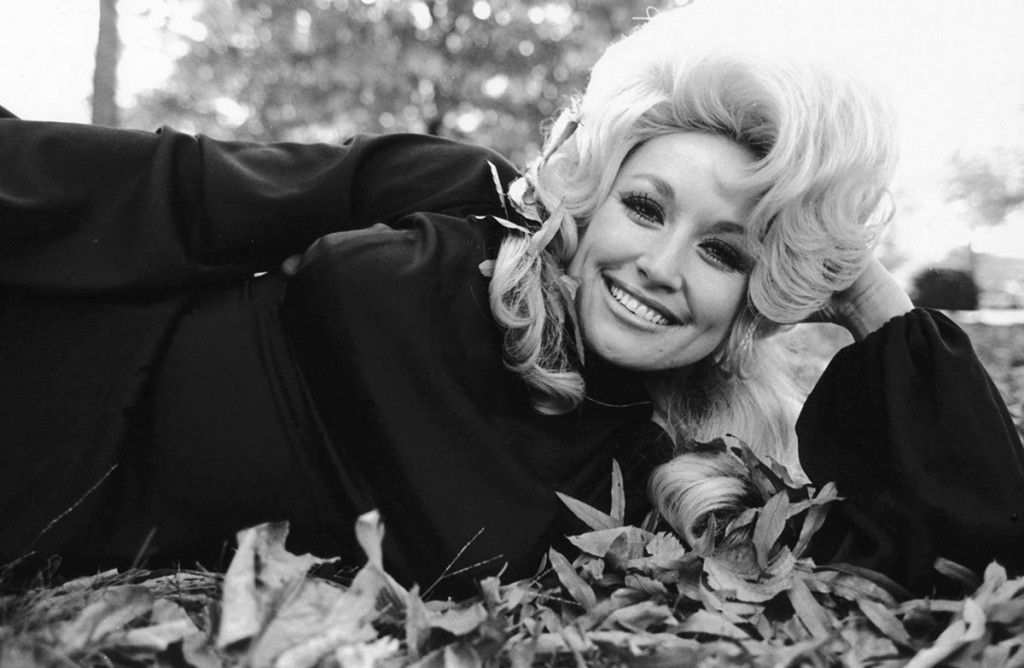Finally, A Record Deal

For a person as talented as Parton, it was inevitable that a record label would come knocking on her door. Her big break came after singing for Monument Records at 19 years old. However, for their vision, Parton was not the right fit. They signed Dolly to sing “bubblegum pop” as an approach to attract teens in the 60s and 70s. However, none of her songs peaked the Billboard Top 100 chart.
Making Some Changes

Though pop did not work out, it was the country music’s gain! Since Bill Phillips’ biggest ever hit was Parton’s song, plus providing back up vocals for him, it only made sense that Dolly switched from pop to country. When she released her first two-track country album ‘Hello, I’m Dolly’, it peaked at number 17 and 24 in the country charts in 1967. Parton was surer than ever that she was meant for making country music…
On The Wagon

With her budding career, Parton had the chance to perform at ‘The Porter Wagoner Show’. Parton’s fame grew stronger after appearing on this show. However, she never always had it easy with the audience. Replacing Norma Jean, who was dubbed ‘Pretty Miss Norma Jean’, the viewers still wanted to see Norma Jean. But soon Parton was able to woo them with her charms.
Going Solo

Even though now it is hard to envision Parton not being a solo star, she had it quite hard at first. She and Wagoner performed as a duo till the time she left the show in 1974. Signing to RCA Victor label, her first single, ‘Just Because I’m a Woman’, charted at number 17 only. She had a string of song releases in the 60s, but none could top the ones she had with Wagoner.
At Long Last

Finally, Wagoner learned how to place Parton as a superstar he knew she was. He suggested that she should record her version of ‘Mule Skinner Blues’, which had been a hit for the country, blues and folk singer Jimmie Rodgers. So her song ended up at number 3 on the charts leading to her first number one single, Joshua. Her reign on the charts continued after this.
Tough Love

Although they had a successful partnership, Parton and Wagoner would often butt heads when it came down to how her career should go. The two were each adamant on having their way. In the end, Parton decided to leave, leading to Wagoner suing her for breach of contract. When it finally came time for her to leave, she still had it in her to perform ‘I Will Always Love You’ to Wagoner.
